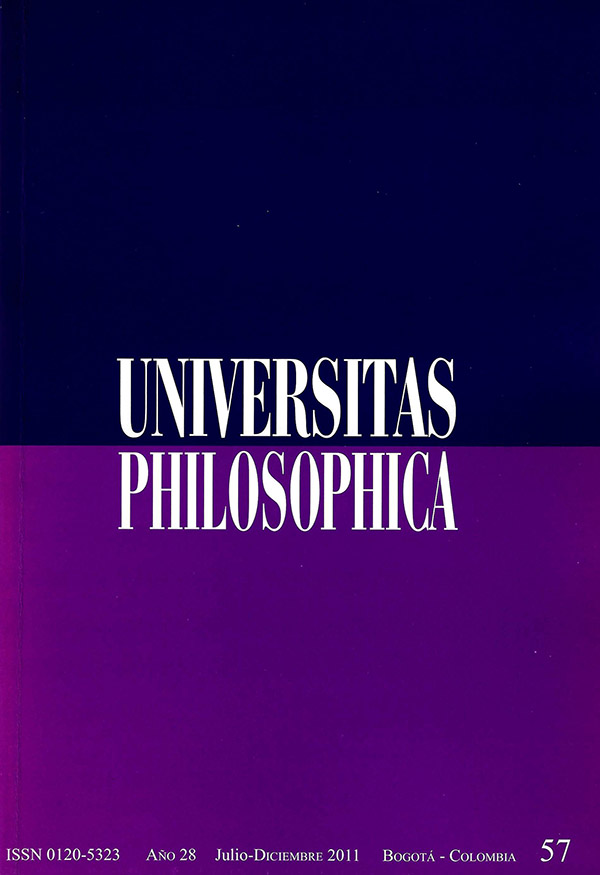Abstract
This paper develops the ethical and political proposal created by the American philosopher Judith Butler from the critical concept livable world. The implicit question into this writing is: who cannot fully inhabit the social world? The first section explains what Butler does mean as a livable life, and also what unlivable life means. In the second, the last problem is studied in terms of language livability. After an ethical exam of the performative theory of language it is shown how, after the failure of repeated linguistic norms, agency appears, and unlivable lives get the capacity for action and can signify in a different way the terms that oppress them. The conclusion shows how Butler’s critical ethics radicalize democracy doing the necessary questions to make the world a more livable place.
This journal is registered under a Creative Commons Attribution 4.0 International Public License. Thus, this work may be reproduced, distributed, and publicly shared in digital format, as long as the names of the authors and Pontificia Universidad Javeriana are acknowledged. Others are allowed to quote, adapt, transform, auto-archive, republish, and create based on this material, for any purpose (even commercial ones), provided the authorship is duly acknowledged, a link to the original work is provided, and it is specified if changes have been made. Pontificia Universidad Javeriana does not hold the rights of published works and the authors are solely responsible for the contents of their works; they keep the moral, intellectual, privacy, and publicity rights.
Approving the intervention of the work (review, copy-editing, translation, layout) and the following outreach, are granted through an use license and not through an assignment of rights. This means the journal and Pontificia Universidad Javeriana cannot be held responsible for any ethical malpractice by the authors. As a consequence of the protection granted by the use license, the journal is not required to publish recantations or modify information already published, unless the errata stems from the editorial management process. Publishing contents in this journal does not generate royalties for contributors.


